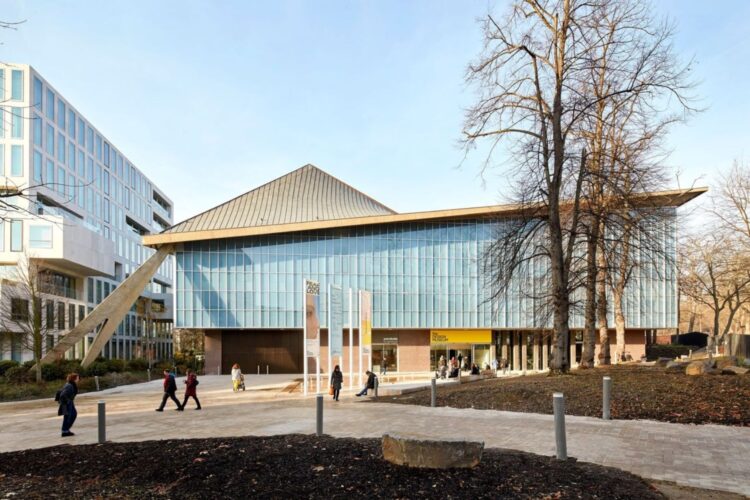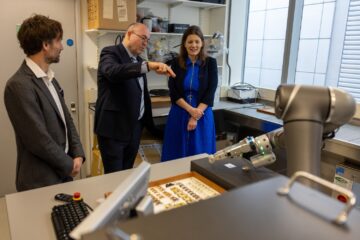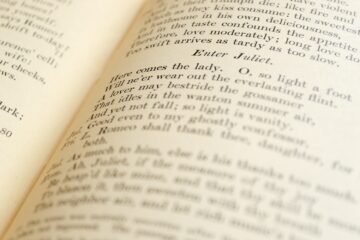Flexible awards to fund fundamental research that leads to new research agendas, networking activity and idea generation, which enables the development of further research opportunities and new research agendas.
Arts and Humanities Research Council (AHRC)
AHRC funds outstanding original research across the whole range of the arts and humanities.

Highlights
News
Blog
Funding opportunities
Apply for funding for a Digital Research Technical Professional (RTP) Skills NetworkPlus which brings together disciplines, sectors and domains to address cross-cutting challenges related to digital RTP skills and careers.
You must be based at a UK research organisation eligible for UKRI funding.
Address
Arts & Humanities Research Council
Polaris House,
North Star Avenue,
Swindon,
SN2 1ET








